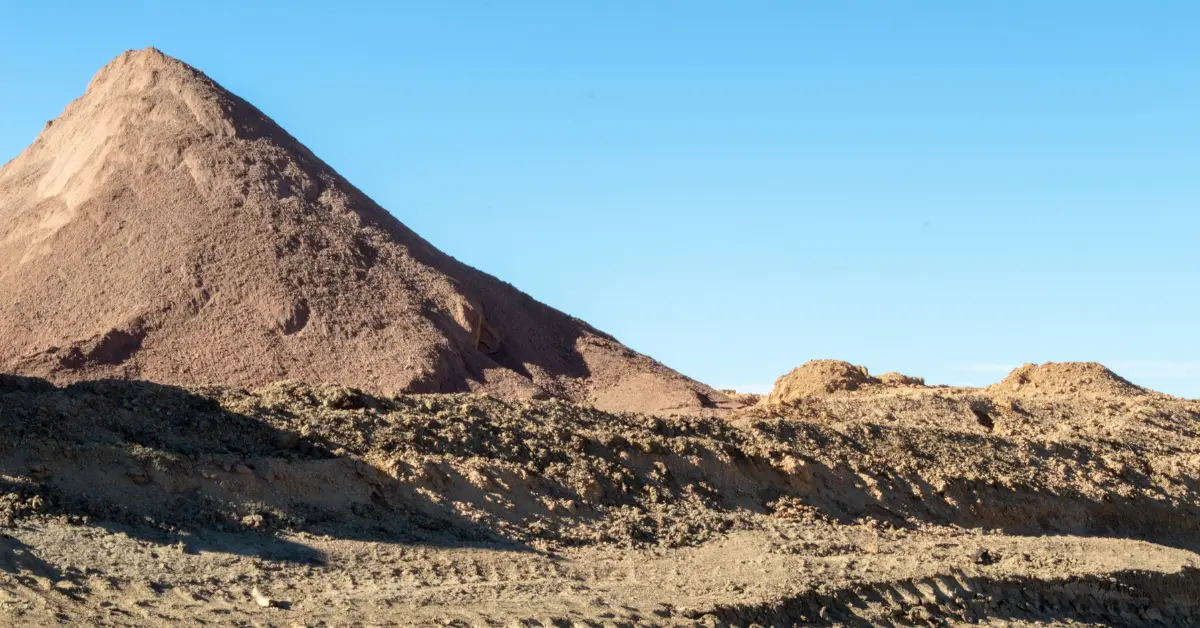
Dirt brokering involves the buying and selling of large quantities of soil commonly used in construction, landscaping, and agricultural sectors. This niche market may not be the first that comes to mind when thinking about starting a business, but it holds significant profit potential due to the constant demand for dirt in various industries. Engaging in a dirt brokerage business allows you to operate within a supply chain that is essential yet often overlooked. By strategically positioning your business, you can capitalize on the recurring needs for bulk soil and the occasional large-scale demands from significant construction projects. Effective management and a well-structured business model are key to tapping into this market successfully.
How to Start a Dirt Brokerage
Conducting Market Research and Identifying Demand
To ensure the success of your dirt brokerage startup, it is essential to understand the market thoroughly. Conduct detailed market research to identify potential customers and understand their needs. This might involve analyzing the requirements of local construction companies, landscapers, and agricultural businesses that frequently use soil. Also, assessing the volume and type of soil required in your region helps tailor your services effectively. Such a foundational step sharpens your competitive edge and ensures you align your business with genuine, measurable demand.
Understanding the Bulk Dirt Supply Chain
This involves knowing the journey of soil from extraction or production to delivery. Familiarize yourself with the various players in the market, from wholesalers to transportation companies. Consider the environmental regulations affecting the sourcing and distribution of dirt, as these can impact your operations significantly. An efficient supply chain minimizes costs and improves delivery times, enhancing customer satisfaction and profitability.
Finding Reliable Suppliers for Dirt Brokerage
You'll need partners who can provide high-quality soil of various types to meet diverse customer needs. Evaluate suppliers based on their reliability and capacity to meet your volume requirements consistently. It's beneficial to have multiple suppliers to ensure business continuity in case of supply disruptions. Building strong relationships with these suppliers can lead to better pricing and terms, crucial for maintaining your business's profitability.
Legal and Licensing Requirements
Navigating the legal and licensing requirements is crucial for setting up a dirt brokerage business legally and ethically. It includes obtaining necessary permits and understanding local, state, and federal regulations concerning environmental protection and land use. Compliance with these laws prevents costly penalties and builds your reputation as a responsible business. Consulting with legal experts in this industry can provide insights into the specific requirements and help streamline the process, ensuring that your business operates smoothly from the start.

Building a Profitable Dirt Brokerage Business Model
Determining Pricing Strategies
A well-structured pricing model covers costs and positions the business competitively in the market, helping attract customers and maximize revenue. Pricing decisions should be based on a mix of internal cost structures and external market conditions. Below is a breakdown of different pricing approaches that can help enhance profitability:
- Cost-Plus Pricing: This method starts by calculating the total cost of sourcing, processing, storing, and delivering dirt, including labor, fuel, equipment, and administrative overhead. Once these costs are established, a markup percentage is added to determine the selling price. The advantage of this model is its simplicity and guaranteed profit margin. However, a downside is that it does not consider competitive pricing or market demand, which may lead to prices being either too high or too low.
- Market-Oriented Pricing: In a competitive industry, understanding what other dirt suppliers are charging is key to setting market-oriented pricing. This strategy involves analyzing the rates of competitors offering similar dirt types, quality, and delivery services to determine a pricing structure that aligns with customer expectations. Companies can position themselves competitively by either matching prevailing rates or differentiating their offerings through superior service, faster delivery, or value-added benefits such as soil testing and quality guarantees. The challenge with market-oriented pricing is ensuring that it does not erode profit margins, especially if competitors engage in price wars. To maintain profitability, businesses should highlight unique selling points (USPs) such that justify premium pricing without losing customers.
- Dynamic Pricing: Fluctuations in supply and demand make dynamic pricing an effective strategy for maximizing revenue while managing inventory levels efficiently. This approach adjusts pricing based on market conditions, seasonal demand, customer urgency, or dirt availability. For instance, when demand is high during peak construction periods, prices can be increased to maximize profits. Conversely, in slower months, offering lower prices or promotional discounts can help maintain a steady flow of business. Technology can enhance dynamic pricing by using real-time data analytics to track demand patterns, competitor prices, and customer behavior. By leveraging automated pricing tools, businesses can respond swiftly to market changes and optimize profitability without manual adjustments. However, companies must ensure transparency in pricing to retain customer trust, as sudden price changes may deter long-term clients.
- Volume Discounts: Encouraging bulk purchases through volume discounts is an effective way to boost sales, attract large-scale projects, and enhance customer loyalty. Construction companies and landscaping businesses often require large quantities of dirt, making bulk discounts an attractive incentive. Offering tiered pricing structures, where the per-unit price decreases as order quantity increases, can encourage customers to place larger orders. This approach also helps reduce storage costs and ensures a steady flow of revenue. However, businesses must carefully calculate discount rates to prevent profit erosion. A well-executed volume discount strategy can also lead to long-term contracts and repeat business, fostering stronger relationships with high-value customers. Integrating loyalty programs with bulk purchase incentives can further encourage repeat orders and long-term business partnerships.
- Seasonal Pricing: Adjusting prices according to seasonal trends can help businesses capitalize on high-demand periods and maintain sales during slower months. During peak seasons, such as spring and summer, when construction and land development projects are at their highest, higher pricing can be implemented to maximize profitability. In contrast, offering reduced rates or promotional bundles can help maintain sales volume during colder months or rainy seasons. A proactive approach to seasonal pricing includes forecasting demand trends, adjusting inventory accordingly, and communicating price changes to clients in advance. Companies can also introduce pre-seasonal booking discounts, allowing customers to lock in favorable rates before peak pricing takes effect, ensuring steady revenue even during low-demand periods.
A comprehensive pricing strategy ensures long-term success in the dirt transportation business. The right approach depends on business goals, market conditions, and customer preferences, making monitoring and refining pricing models continuously essential.
Managing Dirt Transport and Hauling Logistics
Route optimization software can minimize travel distances and fuel consumption while timely maintenance of transport vehicles reduces the risk of unexpected breakdowns that could delay deliveries. Establishing good relationships with reliable transportation companies can also provide flexibility and scalability to handle varying order volumes, ensuring you meet customer expectations without compromising service quality.
Offering Hauling Dirt Services to Expand Revenue Streams
Expanding into rock-hauling platforms can open additional revenue streams for your business. This service complements dirt brokering perfectly, as it adds a practical solution for clients who need comprehensive support in managing their soil needs. You can provide a one-stop-shop experience, which enhances customer convenience and boosts your business's overall marketability and appeal.
Marketing Strategies for Dirt Brokers
How to Sell Dirt Effectively
It is vital to listen actively to client feedback and to anticipate their future soil requirements based on their ongoing and upcoming projects. Demonstrating your ability to meet their needs reliably creates a foundation for a strong, long-lasting business relationship. Also, offering exceptional customer service, such as prompt responses to inquiries and proactive communication about delivery statuses, enhances trust and satisfaction among your clientele.
Digital Marketing Tactics for Dirt Brokers
In today’s digital age, effective online marketing strategies are crucial for expanding your dirt brokerage business. Here’s how you can harness digital marketing to reach a broader audience and convert leads into customers:
- Search Engine Optimization (SEO): Optimizing content with industry-specific keywords, such as "bulk dirt supplier near me" or "affordable dirt hauling services," ensures that potential customers find your business when searching for dirt-related services. A strong SEO strategy involves improving on-page elements like meta descriptions, title tags, and image alt text while focusing on off-page factors such as backlinks from reputable sources. Also, local SEO tactics, such as creating a Google Business Profile and listing services on local directories, help attract customers searching for dirt suppliers in specific regions. Regularly updating website content with blogs and case studies further boosts SEO rankings, making it easier for potential clients to discover and engage with your services.
- Content Marketing: Creating and distributing valuable, informative content is one of the best ways to establish credibility and attract new clients. Content marketing involves writing blog posts, articles, and guides that answer common industry questions, such as “How to Choose the Right Dirt for Construction” or “The Environmental Impact of Soil Sourcing.” High-quality content not only educates potential customers but also improves search engine rankings, driving consistent traffic to the website. Other formats, such as videos, infographics, and eBooks, can make complex topics more engaging and shareable across different platforms. By offering free resources like soil quality checklists or bulk pricing calculators, dirt brokers can position themselves as trusted industry experts.
- Social Media Marketing: LinkedIn, Facebook, and Instagram provide opportunities to showcase projects, share industry news, and engage with potential customers in the construction, landscaping, and agricultural sectors. Posting before-and-after photos of completed projects, client testimonials, and educational videos can boost credibility and encourage audience interaction. Participating in LinkedIn industry groups allows dirt brokers to network with construction professionals, contractors, and project managers who regularly require dirt-sourcing services. Running targeted social media ads helps increase visibility among potential clients based on geographic and industry-specific filters. Engaging content, such as polls, Q&A sessions, and behind-the-scenes videos, further enhances brand recognition and strengthens relationships with the audience, ultimately leading to more soil brokerage business opportunities.
- Pay-Per-Click Advertising (PPC): PPC advertising allows dirt brokers to instantly attract potential customers by targeting specific keywords related to dirt supply, hauling, and bulk purchasing. Running Google Ads or social media ad campaigns helps businesses appear at the top of search results when clients look for services like "dirt-hauling business tips" or "topsoil suppliers near me." PPC campaigns can be geo-targeted, ensuring that ads are displayed to potential clients within the broker's service area. Additionally, retargeting ads remind website visitors about your services, increasing conversion rates over time. A well-structured PPC strategy requires regular keyword optimization, A/B testing of ad copy, and monitoring click-through rates (CTR) to maximize return on investment (ROI). Combining PPC with strong SEO and content marketing efforts results in a well-rounded strategy that continuously drives traffic and generates leads.
- Email Marketing: Regularly sending out newsletters, promotions, and industry updates helps maintain visibility and strengthens relationships with past and potential customers. Personalized email campaigns increase customer retention, such as exclusive discounts for returning customers or project-based recommendations based on previous purchases. Automated email sequences can educate prospects about services, answer FAQs, and offer consultation opportunities. Segmenting the email list based on client needs—such as contractors, landscapers, and real estate developers—ensures that messages are relevant and targeted.
A strong digital marketing strategy helps dirt brokers establish a solid online presence, attract new customers, and stay ahead of the competition. Implementing these tactics consistently ensures long-term success in the dirt brokerage industry.

Networking and Industry Events
Attending industry events and participating in networking groups are invaluable for meeting potential clients and learning about the latest trends and needs in the construction and landscaping markets. These events provide a platform to showcase your expertise and offerings, directly engage with decision-makers, and establish your brand as a leader in the dirt brokerage industry. Building personal connections often leads to partnerships, referrals, and contract opportunities that might not be available through other channels.
Managing Dirt Brokerage Operations Efficiently
Setting Up Systems for Contracts, Payments, and Invoicing
For efficient operation of your dirt brokerage operations, enforcing robust systems for managing contracts, payments, and invoicing is essential. Utilize software that automates these processes to reduce errors and save time. Such systems ensure agreements are upheld, payments are tracked, and invoices are sent out promptly. Automation also helps maintain a clear audit trail, which is invaluable for financial tracking and resolving any disputes with clients or suppliers.
Risk Management and Quality Control
Implement procedures to routinely assess the quality of the supplied dirt, ensuring it meets all specified standards and regulatory requirements. Risk management protocols should include strategies to mitigate potential financial and operational risks, such as supplier diversification, adequate insurance coverage, and contingency planning for unexpected events in the supply chain.
Launching a profitable soil supply company requires thorough planning and strategic execution. Ensuring compliance with legal standards and embracing technology can significantly enhance operational efficiency. Remember, the foundation of a successful brokerage lies in reliable service delivery, competitive pricing strategies, and the ability to adapt to changing market conditions.

.svg)



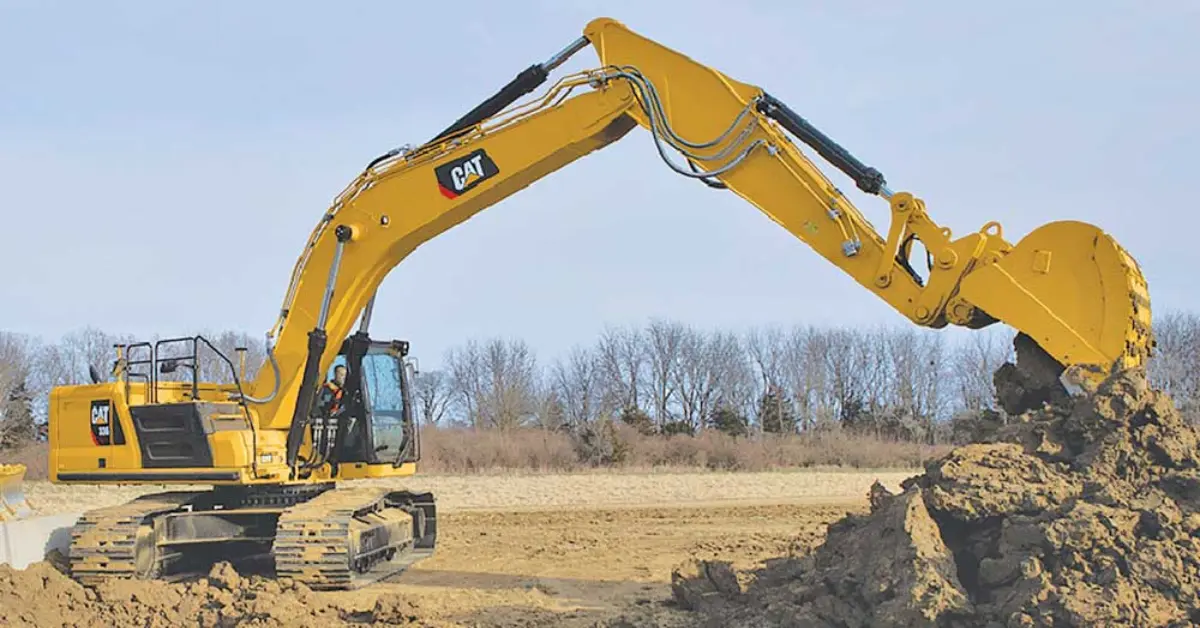
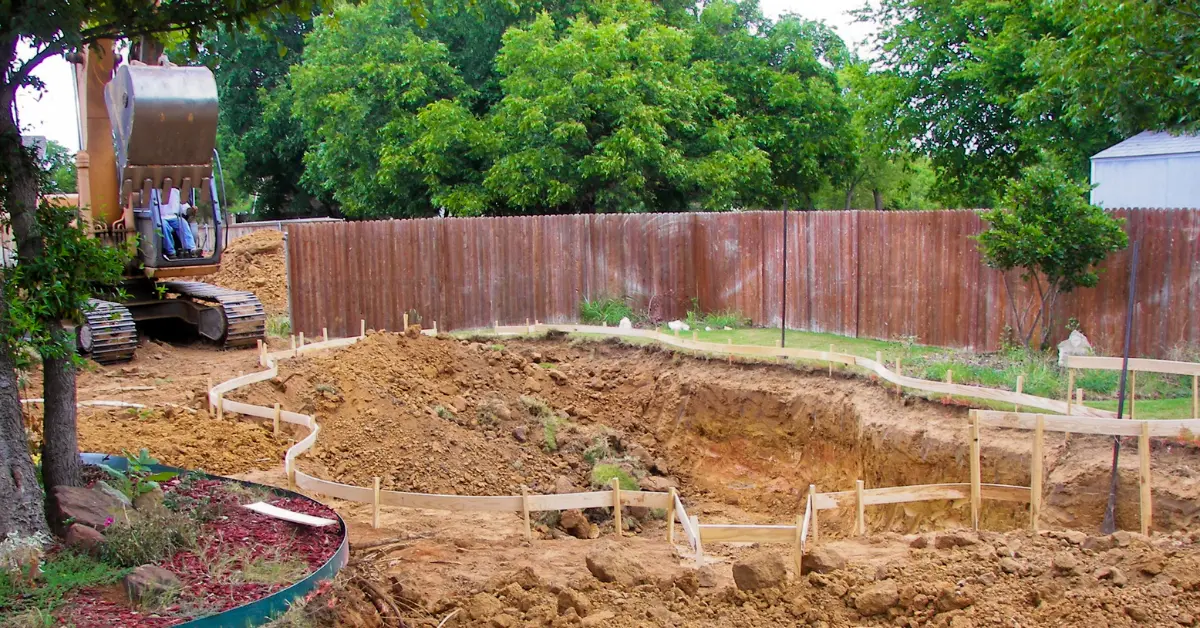
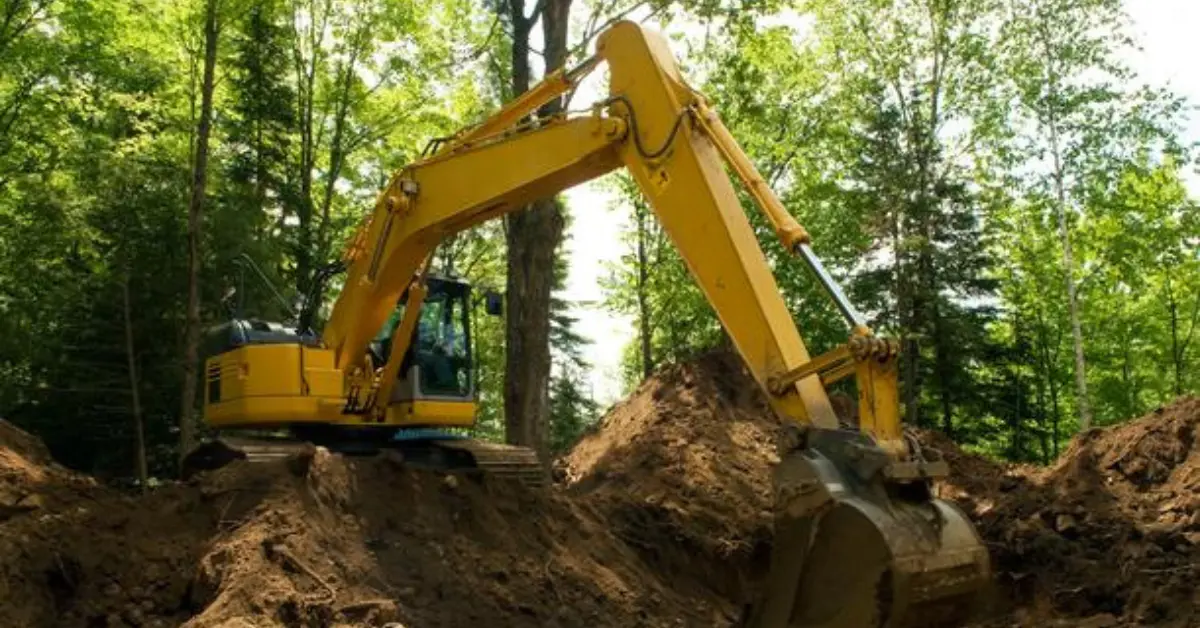
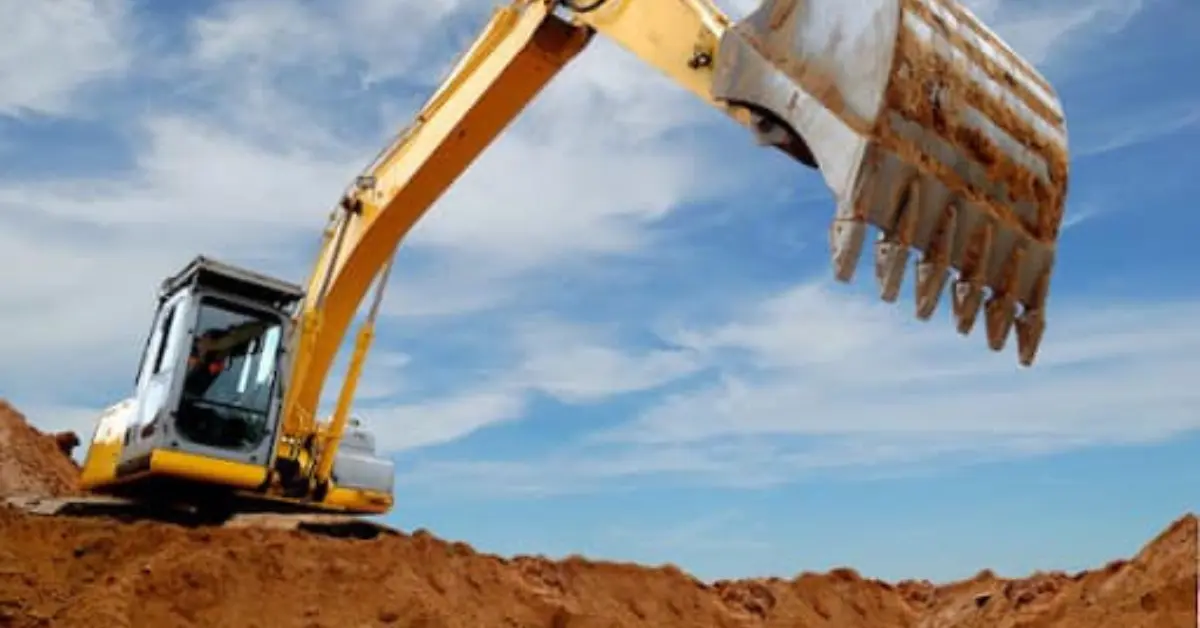
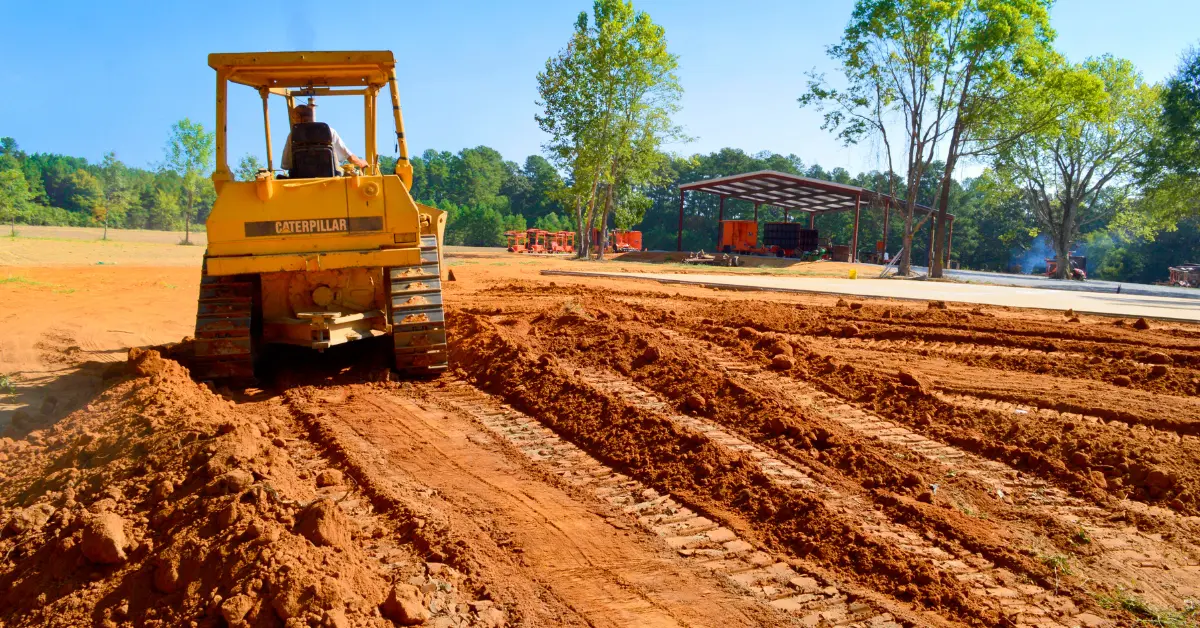
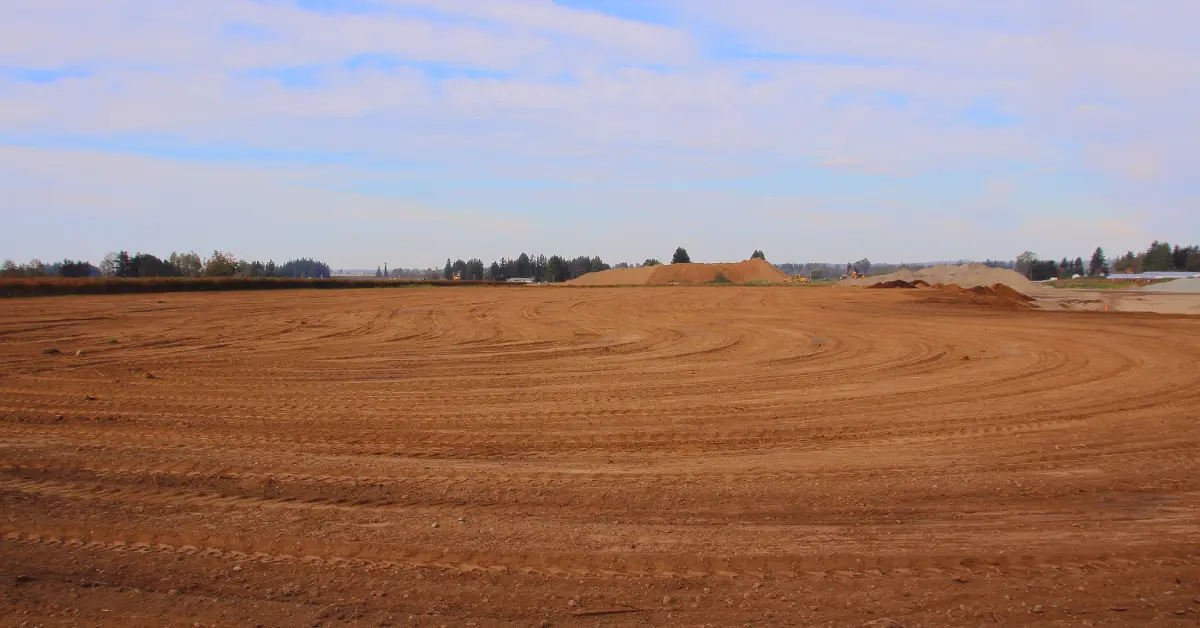
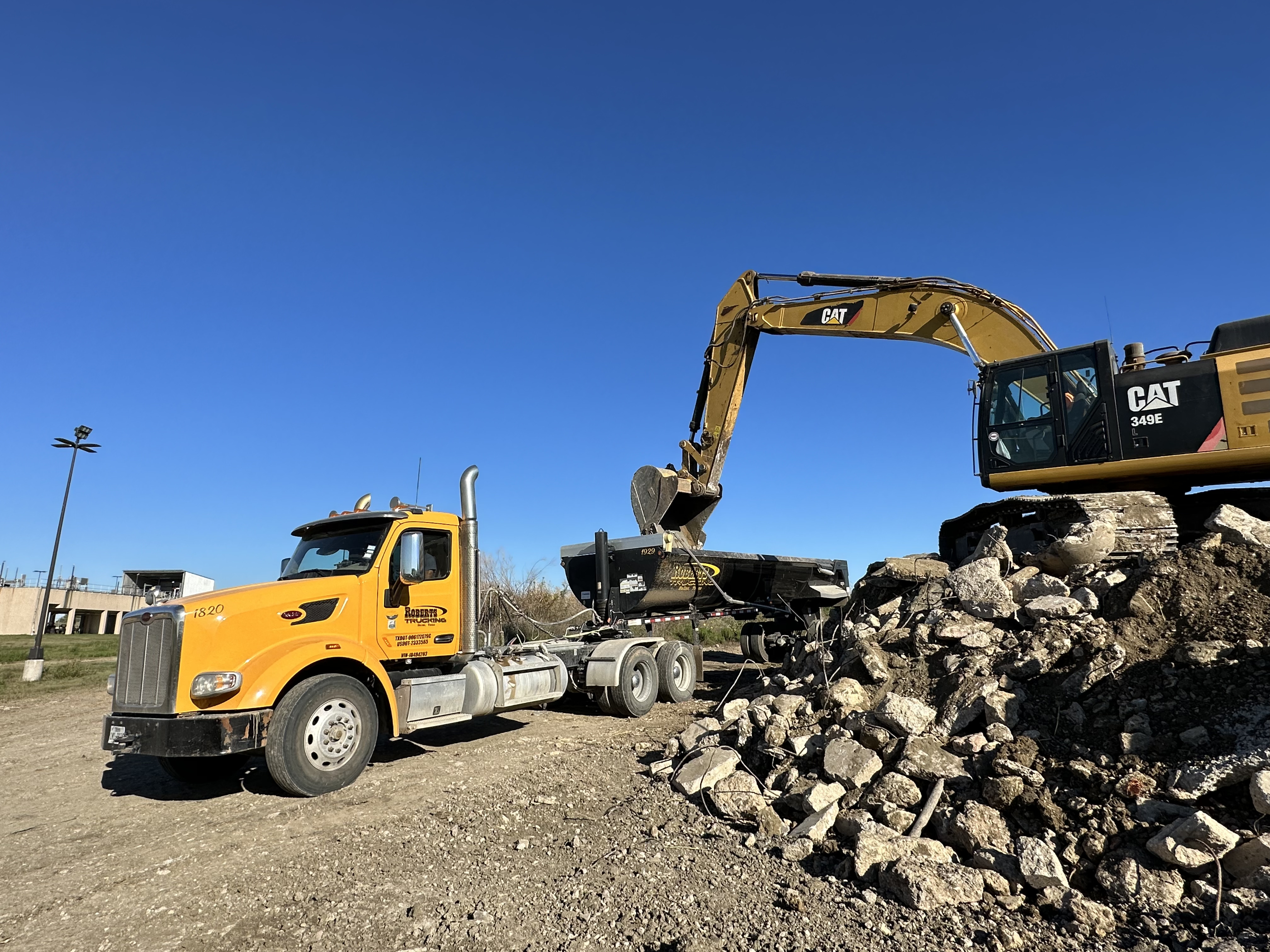








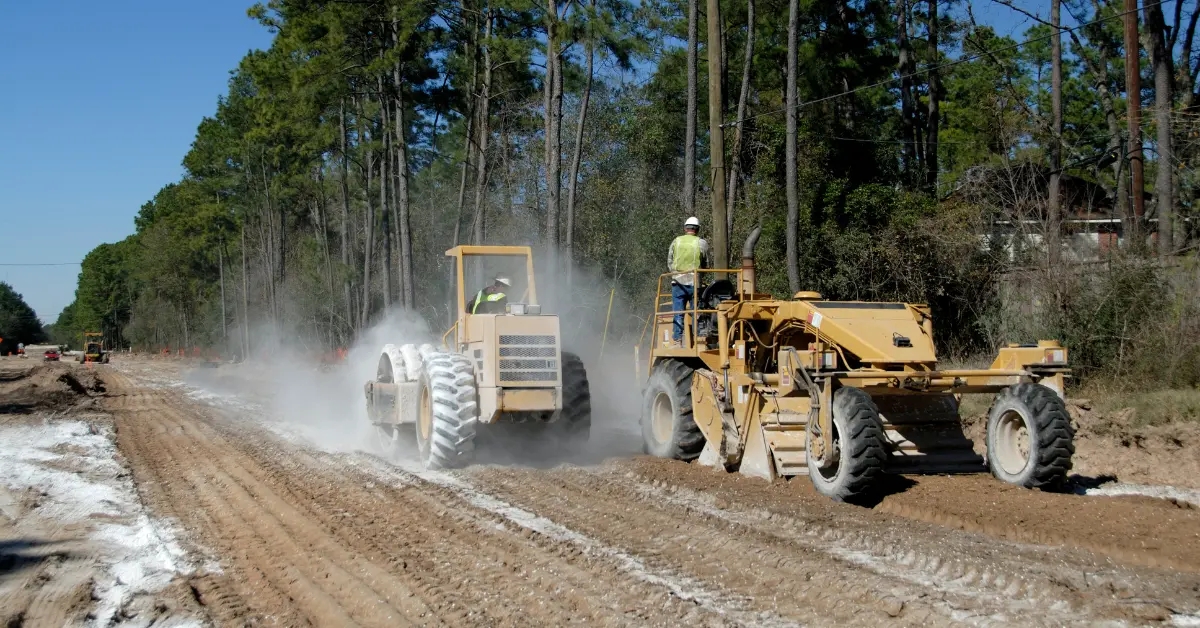




.jpg)


